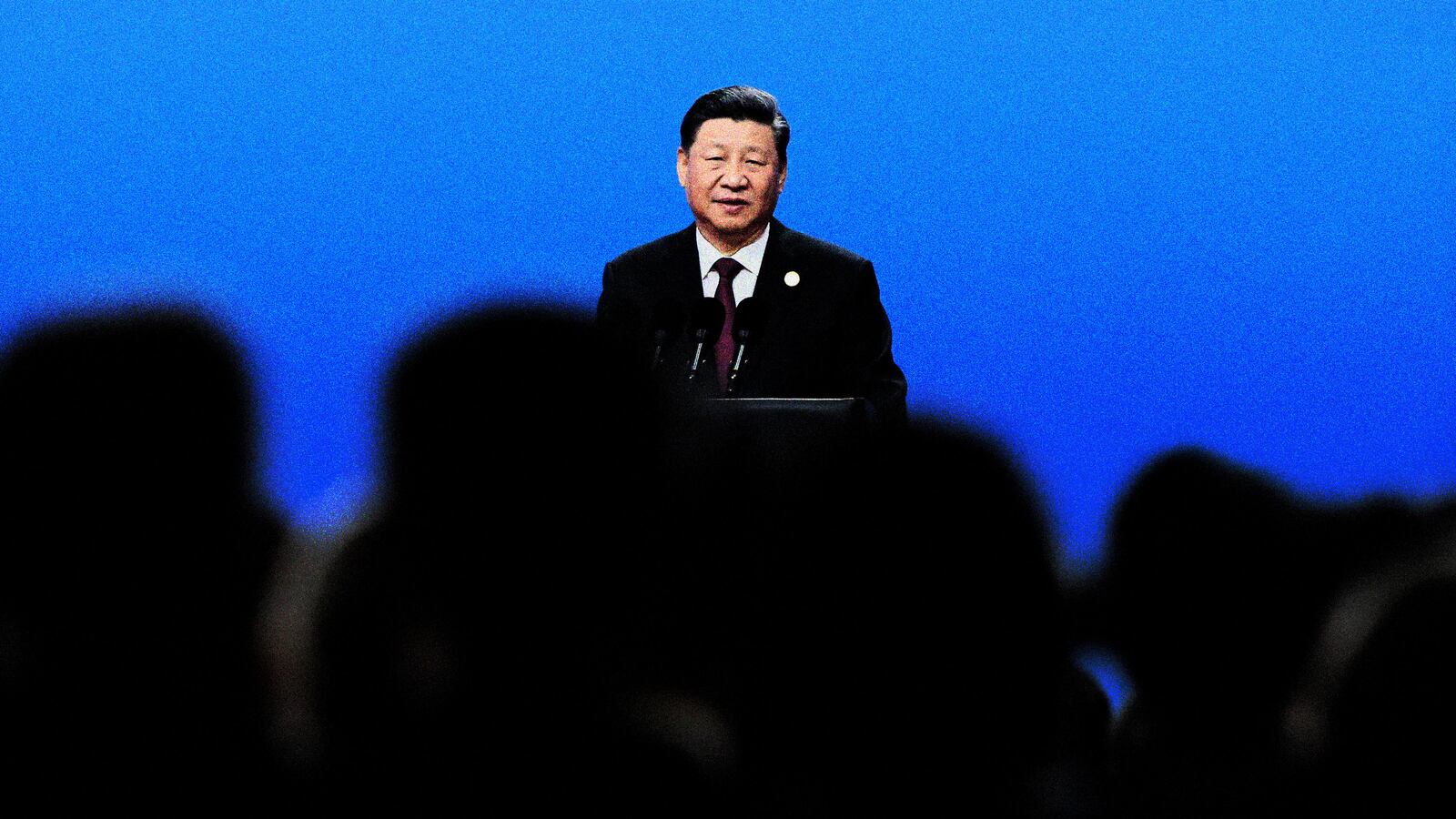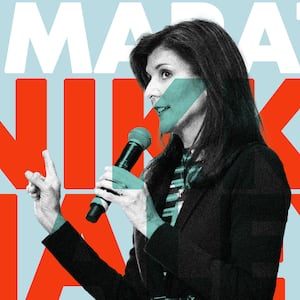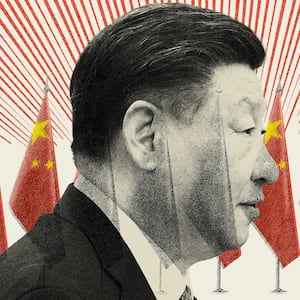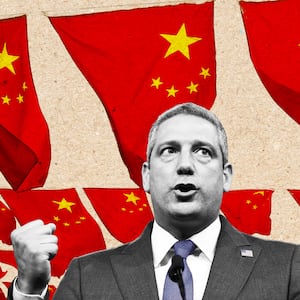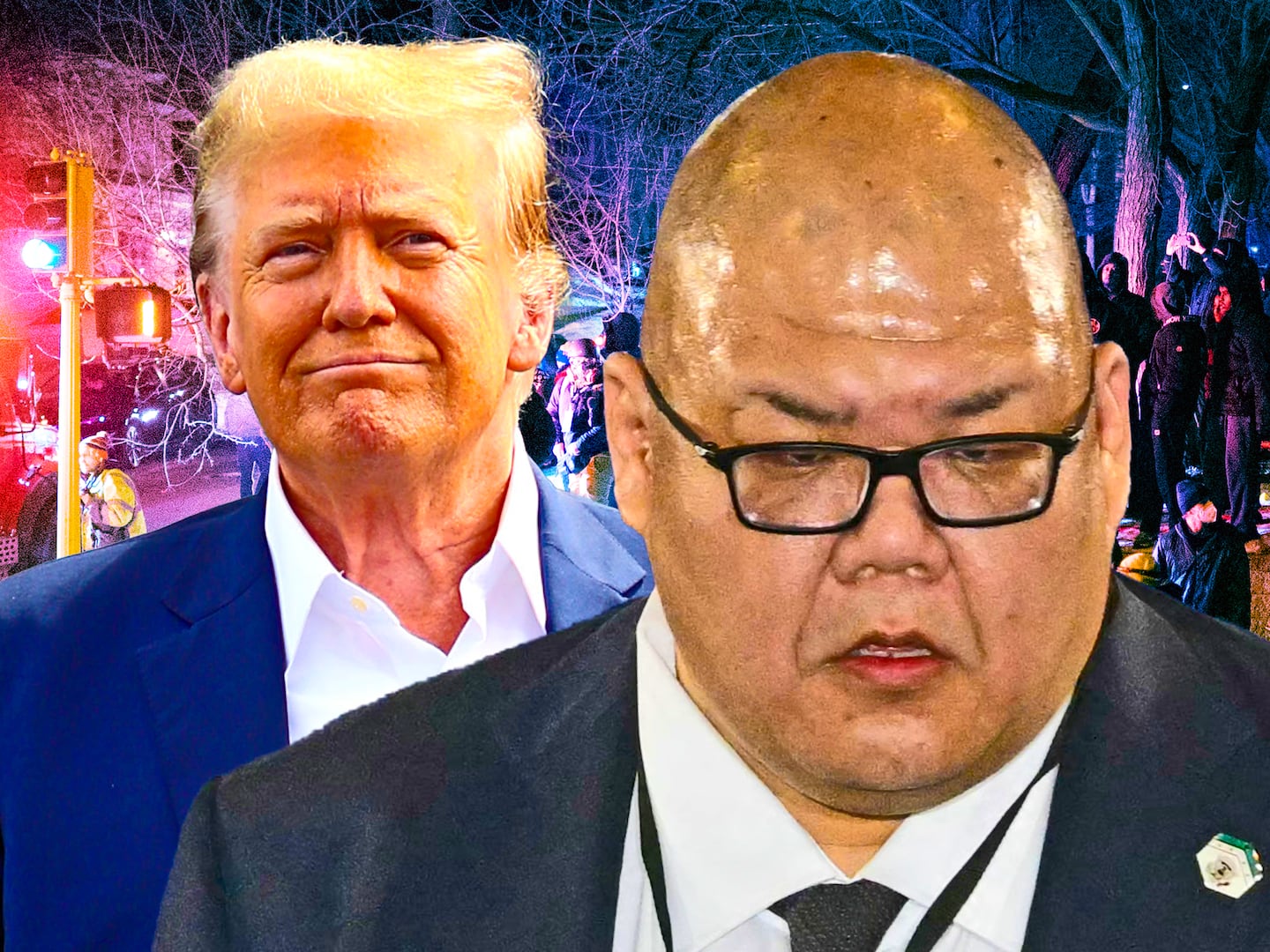I owe Sen. Tom Cotton an apology. Early in the pandemic, I called)" href="https://urldefense.com/v3/__https://www.thebulwark.com/covid-19-and-our-coming-clash-with-china/__;!!LsXw!VUgYUkCzefXjB4U1HbYJwTpahu64G6avP2aFG3uu-bEr98GKh7Yr-GZdYPVkyH6Ys2hF9VShIz1UGYANV3WnwYLlDijB0g$">called a theory he was pushing—that COVID leaked from a Wuhan lab—“hot garbage.” I should not have. The partisan heat of the 2020 elections got the better of me, and shame on me for that.
A recent estimate from the Department of Energy reported (with low confidence) that COVID’s origin can be traced to a lab at the Wuhan Institute of Virology. It’s brought the “lab leak” issue back to public debate.
Partisan talking points from the right include “apologize to me” and “Fauci lied about everything.” From the left, it’s “the theory was plausible, but we don’t like that Trump and Republicans put it forward,” and “it’s only a low confidence estimate, so whatever.”
Lost in the partisan fights over where the virus originated (which we will not know for certain for a long time, if ever) is our continued overarching national security vulnerability.
It took three years for us to collectively admit something that should have not been controversial: If there’s a virology lab somewhere, if the government of that country is tyrannical, secretive, and paranoid, and if there is an epidemic in that area, it is possible that we are dealing with a human conspiracy, not undercooked bat steak.
But that we still can’t tell where the virus came from—and that we knew little about it when it arrived in the United States—opens us to national security vulnerabilities and realities we must acknowledge.
Something in the Department of Energy’s report that surprised many Americans is the fact that the department has its own intelligence agency. It’s but one of 18 intelligence agencies, all overseen by the White House’s Office of the Director of National Intelligence (DNI).
The quantity of intelligence agencies, however, does not match the quality.
With the end of the Cold War, U.S. policymakers cut back on U.S. spycraft. The spread of the internet and the digital era shifted the focus of the intelligence community to signal intelligence (SIGINT). The U.S. government has far fewer people on the ground than it used to, but many more at their desks hacking enemies and deciphering signals picked up from satellites. While it’s great that the intelligence community is investing in SIGINT, that’s no substitute for human intelligence. This problem is manifested in two ways.
First, some intelligence agencies have concluded that the COVID leak likely came from the lab, while others have rejected that estimate. What all have in common is that they have low confidence in their conclusions.
So Americans must ask why it is—after being told that China is the great challenge of the coming decades—that we are so clueless about the internal dealings of the Chinese government? Certainly, over the past three and a half years, Chinese politicians have discussed COVID and its origins substantially—it is unfathomable that such a monumental issue went undiscussed. How could U.S. intelligence not have found a way to eavesdrop on those discussions?
Second, it is hardly controversial to say that the Chinese government’s leadership is comprised of a bunch of untrustworthy actors. In late 2019, COVID was still a mostly localized epidemic. Meanwhile, China was engaging in deception, lies, and coverups—because that is what paranoid totalitarians do.
We will never know whether the coronavirus could have been contained at the time, but the world did little to jump ahead of the virus by quickly moving to shield itself from transmission and develop treatments and vaccines. A major reason we knew little about the virus and its epoch-defining potential was that the intelligence agencies were neither paying attention, nor capable of collecting the necessary data and information.
In 2019 and 2020, the Chinese government was trying to hide the then-epidemic from the world. It contemptibly cracked down on whistleblowers, manipulated the World Health Organization (WHO)—whose director ascended to the position with China’s backing—withheld information, and destroyed viral samples. Instead of helping the world prepare for the horrors to come, Chinese authorities were doing everything to exacerbate it.

Tedros Adhanom, director general of the World Health Organization, meets with Chinese President Xi jinping before a meeting at the Great Hall of the People in Beijing, China, Jan. 28, 2020.
Naohiko Hatta/Pool via ReutersIf history is any guide, this was not out of cynicism, but hubris, fear, and a totalitarian instinct for lying and secrecy—all stemming from paranoia that their power would be threatened. We should expect more of this so long that we are dealing with a totalitarian China.
Knowing where the virus originated matters in many ways, but it won’t change the facts that the People’s Republic’s leaders are unreliable liars, and that our intelligence agencies are unprepared for dealing with the threat they pose. But a reflection on what’s already happened should teach us a few lessons moving forward.
First, as much as Republicans and Democrats cannot stand each other—as well as the millions of Americans who cannot stand either of them—we are still a free country, while China is totalitarian. Knee-jerk rejection of whatever comes from the mouth of someone from the other U.S. party (again, I’ve been guilty of it!) will unnecessarily hinder our ability to resolve important issues that transcend partisan politics.
Second, we all love to talk about shared threats to humanity which we should be able to work with our geopolitical enemies to resolve. After all, climate change and pandemics don’t pick and choose which countries they harm. But the COVID pandemic shows that these nice sentiments have their limits.
The Chinese government couldn’t bring itself to work with us to mitigate the epidemic—and then the pandemic—and it is still refusing to accept our help to vaccinate their people, much less be transparent about COVID’s origins. Be it climate change, a future viral disease, or an unforeseeable global challenge, we should expect them to remain counterproductive, trying to exploit it for their political aims.
Working with the expectation that Chinese leaders will continue to cut their nose to spite their face, and taking them for liars that they are, we should reinvest in intelligence capabilities, especially human intelligence in China, that can collect information and verify whatever the Chinese government has to say.
The pandemic, a transformational event, is behind us. But it still has many lessons to teach us. The most pertinent of those: We must better equip ourselves, for the China challenge remains ahead.

